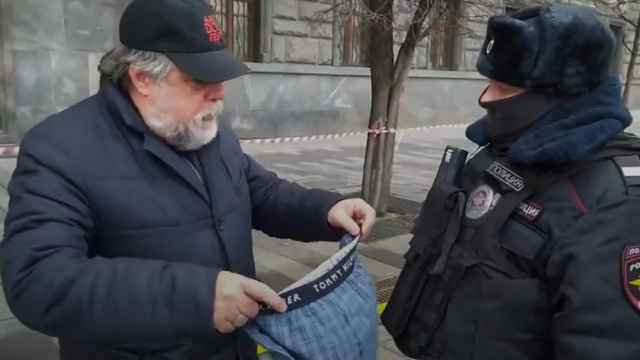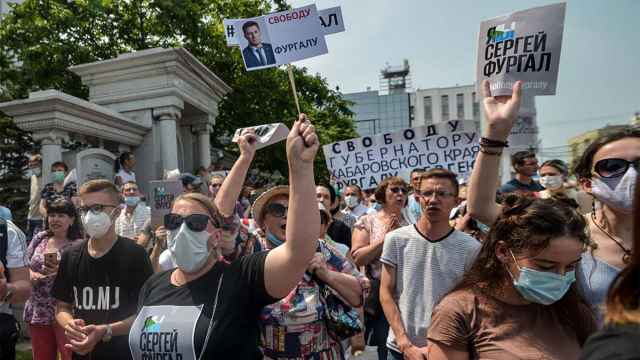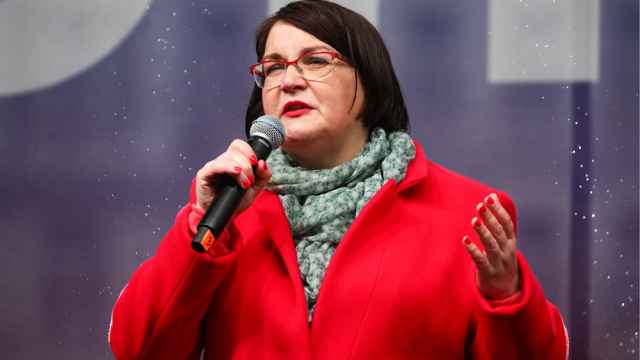Activists all across Russia face resistance from the authorities in organizing rallies against corruption, inspired by opposition politician Alexei Navalny's recent investigation alleging Russian Prime Minister Dmitry Medvedev is taking bribes in the form of yachts and lavish mansions.
Rallies, pickets and demonstrations, according to Navalny, are supposed to take place in 100 Russian cities, including Moscow, on March 26.
In Moscow, the City Hall refused to authorize the protest on the very central Tverskaya Ulitsa; however, Navalny claimed, in their official response authorities didn't directly ban the event and didn't offer alternative areas for it, which, according to a 2013 Constitutional Court ruling means the rally can be considered automatically authorized.
“I urge you to join [the protest],” Navalny wrote in his newsletter two days ahead of the rally. “If we keep silent and stay home, they will continue to rob us.”
On Thursday, Moscow police have called on people to ignore the rally – since it isn't authorized, the police maintained, they won't be able to ensure security. The Kremlin spokesman Dmitry Peskov called Navalny's persistence “a provocation.”
In other Russian cities authorities were also reluctant to authorize rallies in pickets. They explain their refusal to authorize protests in prominent parts of cities with other events taking place there, last minute and urgent maintenance works and the fact that organizers of the anti-corruption protest violate the law with their defamatory allegations.
Navalny decided to hold the rally after allegations of bribe-taking by Russian Prime Minister Dmitry Medvedev were not widely reported in the media.
Russia's Anti-Corruption Foundation, an NGO created by Navalny in 2011, accused Medvedev on March 2 of collecting bribes through charitable organizations run by close friends and former classmates.
The organization claimed that Medvedev owns four mansions across the country, each worth several million dollars. Other alleged holdings include two large plots of land in Krasnodar, an Italian vineyard and a lavish residential building in the heart of St. Petersburg with luxurious apartments and two yachts.
The Kremlin has refused to comment on the claims.
A Message from The Moscow Times:
Dear readers,
We are facing unprecedented challenges. Russia's Prosecutor General's Office has designated The Moscow Times as an "undesirable" organization, criminalizing our work and putting our staff at risk of prosecution. This follows our earlier unjust labeling as a "foreign agent."
These actions are direct attempts to silence independent journalism in Russia. The authorities claim our work "discredits the decisions of the Russian leadership." We see things differently: we strive to provide accurate, unbiased reporting on Russia.
We, the journalists of The Moscow Times, refuse to be silenced. But to continue our work, we need your help.
Your support, no matter how small, makes a world of difference. If you can, please support us monthly starting from just $2. It's quick to set up, and every contribution makes a significant impact.
By supporting The Moscow Times, you're defending open, independent journalism in the face of repression. Thank you for standing with us.
Remind me later.





